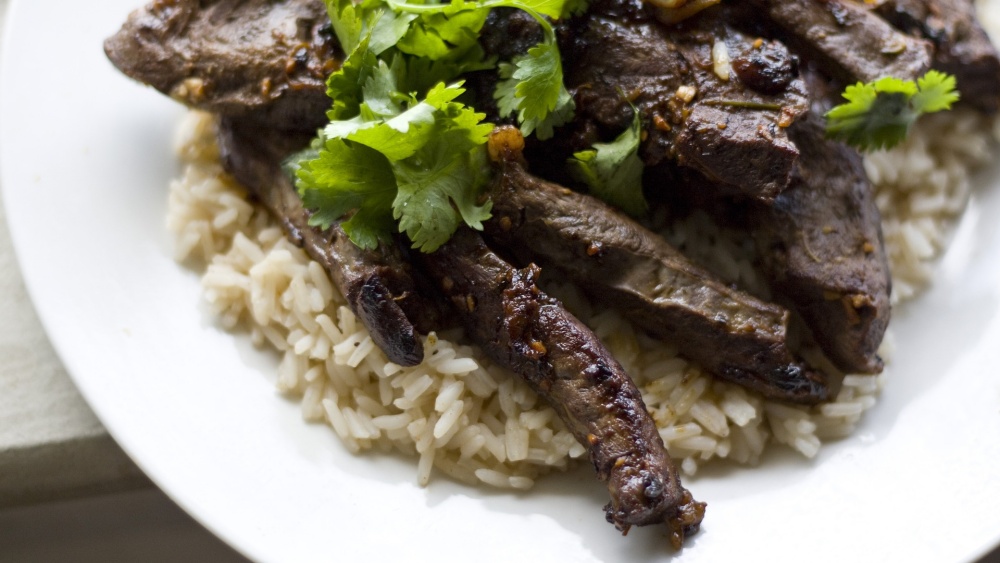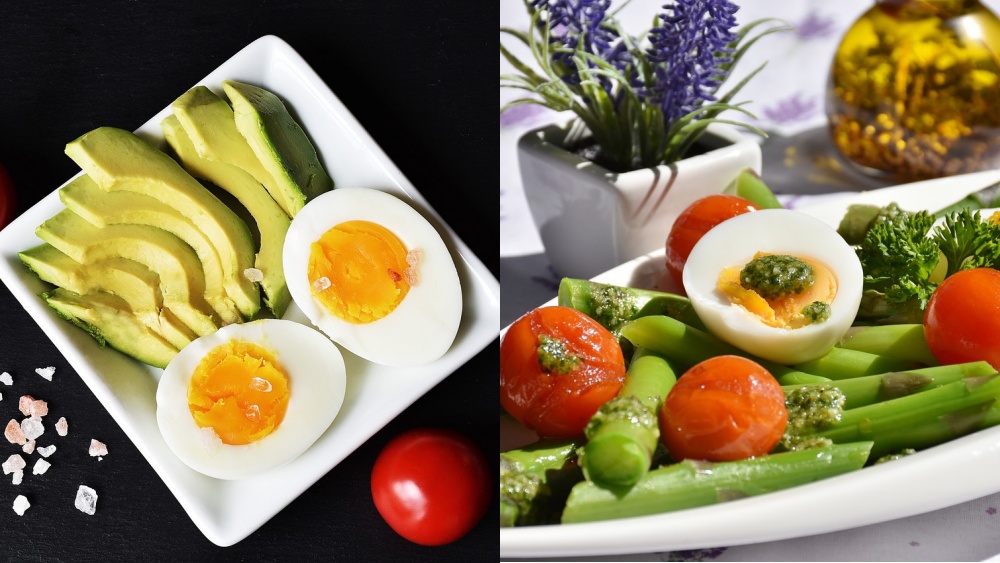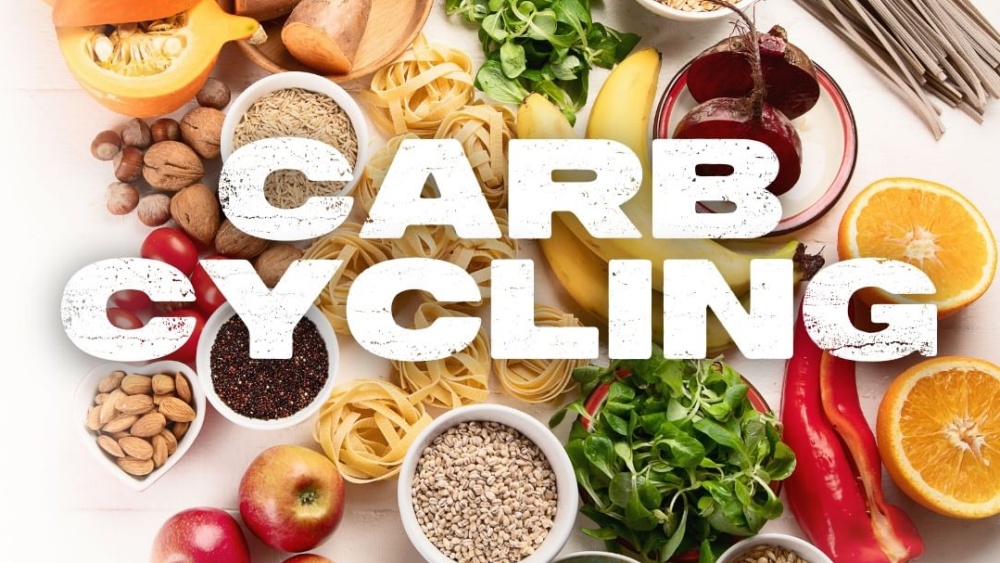You probably already consume lots of beans, salmon, beef, and chicken if you’re serious about working out and growing bigger, stronger muscles. However, these aren’t the only good sources of protein; they just happen to be the most popular.
Protein is a large group of molecules that give support and structure to cells all over your body. They are essential for hormone synthesis, chemical reactions, movement, immune function, muscle repair, muscle growth, and many other things. The molecules consist of smaller building blocks called amino acids. Nine of these amino acids are essential since your body cannot make them naturally. You need to get them from your diet. Protein is also the most filling macronutrient, making you feel fuller for longer periods.
Finding alternative sources of protein helps to keep your diet fresh. You can only eat so much chicken, beef, salmon, and beans before eating them starts to feel like a chore.
How much protein you need to consume daily to meet your fitness goals varies based on factors such as your age, pregnancy status, activity level, and body size. Anyone looking to build mass should look to consume somewhere between 0.7 to 1.6 grams of protein for each kilogram of body weight. It’s best to record your protein intake when you’re first starting to ensure you end up in this range.
Five Excellent Sources Of Protein You Should Eat More Often For Muscle Growth
Ready to find out which proteins you’ve been missing out on? Let’s jump right into our list:
1) Tempeh
Tempeh is a dense patty that’s made from soaking, cooking, and fermenting soybeans with fungus. It has an earthy, nutty taste and serves as an excellent source of plant-based protein. Tempeh gives you about 60 percent more protein than tofu per serving and almost the same amount as chicken breast. A single cup of tempeh contains 31g of protein.
Tempeh also contains about 10 grams of fiber per cup, making it an equally excellent source of fiber. Fiber plays an important role in improving gut health, regulating blood glucose levels, and maintaining heart health.
Very few foods compare to tempeh when it comes to meeting your protein and fiber needs. Tempeh absorbs flavor well, so you can marinate it with many of the flavors you would use for meat like teriyaki. You can marinate a slab of tempeh just as you would a steak and grill, fry, or bake it. You can also add tempeh to stir fry, sandwiches, salads, and grain bowls. It works well as a meat substitute so you can also use them to make veggie burgers or plant-based meatballs.
2) Sablefish
https://www.youtube.com/watch?v=iEGk82Ene_A
You probably already know that tuna and salmon and excellent sources of protein and omega-3 fatty acids, but there’s a less popular type of fish that provides just more nutritional benefits. Sablefish contains significantly more omega-3 fatty acids than salmon. People who have a higher concentration of omega-3 acids live longer, healthier lives, and it helps with post-workout recovery.
Also called black cod, sablefish is also rich in several other micronutrients like phosphorus, niacin, and selenium. Like other white-fleshed fish, sablefish can be grilled, seared, poached, broiled, baked, or steamed. The high-fat content improves its flavor favor and it goes well with many different spices.
Sablefish has a short shelf life due to its high fat content, so look for fresh catches or high-quality frozen cuts. A cup of sablefish (151-gram fillet) provides 26 grams of protein.
3) Beef Heart
It might take some time to get used to eating beef heart, but it’s one of the best sources of protein for people looking to build muscle. A single cup of beef heart gets you 40 grams of protein. That’s more than enough protein to recover from your workouts and repair damaged muscle tissue.
Besides being packed with protein, beef heart is also rich in micronutrients like selenium, iron, and vitamin B12. Beef heart is also more nutrient dense than other cuts of beef while being considerably cheaper than prime cuts like T-bones.
Unlike most organs, beef heart doesn’t have a strong taste. It has a similar texture and taste to most steak cuts.
Beef heart has little fat content so it’s best to cut thin slices before cooking to prevent it from drying out. You can grill, bake, or boil beef heart and add it to any meal you would add beef to like salads or tacos.
4) Chickpea Pasta
Chickpea pasta is a lot like noodles, but with less starch and more protein. It’s one of the few processed foods that are actually good for you. This modern type of pasta is made by drying chickpeas and grinding them down into flour that is later shaped into noodles.
Chickpea pasta gets you twice as much protein as regular pasta, making them a good source of protein for building lean muscle mass. The low carb content means it does not spike your blood sugar levels.
Higher protein intake in general is linked to lower mortality rates, improved blood sugar, and fewer hunger pangs. Chickpeas are also a great source of micronutrients like potassium, iron, and magnesium.
Chickpea pasta can be substituted anywhere regular pasta is used. You can boil some and top it with tomato sauce, make lasagna with it, or add it to salads.
You will need to be extra attentive when making chickpea pasta since it can go from perfect to soggy in less than a minute. It should be rinsed with cold water after cooking and drained.
5) Pumpkin Seeds
Pumpkin seeds are one of the most delicious items on our list, and they’re just as nutritious. Pumpkin seeds are a rich source of minerals like zinc, magnesium, phosphorus, and iron. They are also loaded with fiber and protein. A cup of pumpkin seeds gets you 35 grams of protein, so grab a few handfuls the next time you feel the urge to munch on something while watching a movie or hanging out. You also get about 285 calories from each cup, making them an excellent snack for lifters looking to bulk up.
You can eat pumpkin seeds by themselves or add them to trail mixes, yogurt, oatmeal, baked goods, and salads.
You may also like:
















